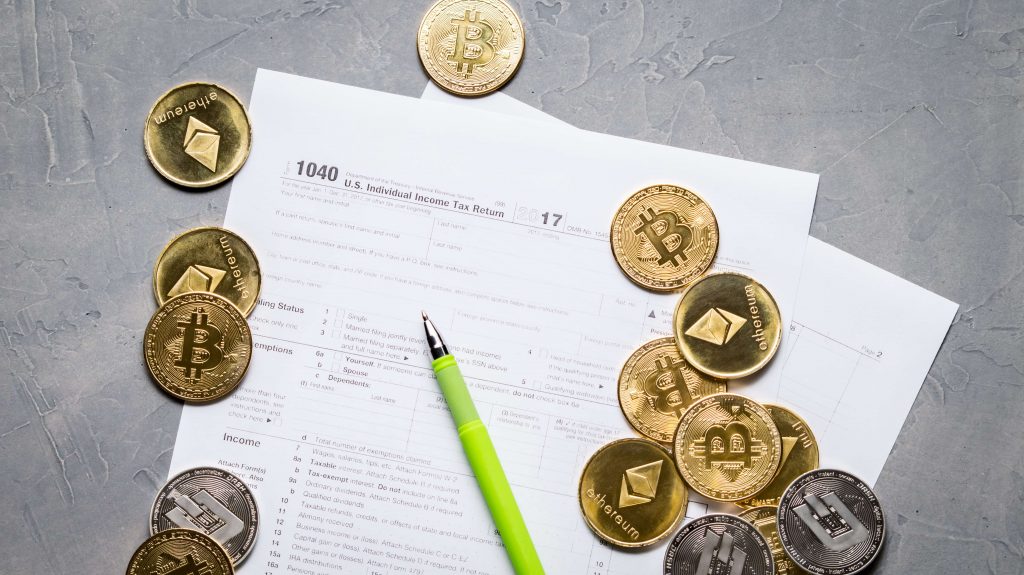
During the setup process, the wallet may prompt you to back up your new wallet’s private keys or recovery phrases. First, choose a wallet that supports the import of private keys. Many wallets offer this feature, including popular ones like Sparrow, Electrum, or Specter, and various mobile wallets such as Zeus or Mutiny. Many of these connect to your computer or device and transfer your keys for you, removing them from your hot wallet.
This Is How You Get A Bitcoin Private Key
- There are thousands of cryptocurrencies—but they’re not all the same.
- However, non-custodial cold wallets offer the strongest security.
- Bitcoin works through pseudo-anonymity, meaning no identifying information is displayed.
- As each hash represents 4 bits (256/4), our key yields a string of 64 characters.
- And if you haven’t got the private key for an address, any bitcoins located at that address will be locked there forever.
Used for shortening a public key or script before converting to an address. An address is basically a human-friendly encoding of a public key. Private keys are typically displayed as 32-byte hexadecimal strings. In the same way numbers can be expressed as words (zero) and numerical digits (0), keys are just a really long string of numbers that have the same properties.

What Is a Seed Phrase?
- Moreover, the signatures are mathematically related to Bitcoin addresses.
- Wallet software may use a BIP 32 seed to generate many private keys and corresponding public keys from a single secret value.
- But firstly, this public key is going to be seen by other people.
- It’s typically public so everyone can see how it flows from space to space.
- WIF has several perks, including a shorter length and built-in error checking codes for automatic typo detection, among others.
- Hedge With Crypto aims to publish information that is factual, accurate, and up-to-date.
- Some people use software that generates QR codes to print on paper so they can easily be scanned when a transaction needs to be signed.
A bitcoin address is a hashed smaller version of the private key. The only way to eliminate counterparty risk is to maintain sole control of your private keys. Lose your keys or forget your password, and your funds could be lost forever. When dealing with ECDSA private keys, a more compact Bitcoin Private Keys format called wallet import format (WIF) is often favored during importing or sweeping. WIF has several perks, including a shorter length and built-in error checking codes for automatic typo detection, among others. WIF is the most prevalent way to represent private keys in Bitcoin.
Hierarchical Deterministic Key Creation¶
The Bitcoin private key is a secret alphanumeric password or number that allows you to send Bitcoin to another BTC address. It is a 256-bit long number picked randomly after you generate your Bitcoin wallet. Cryptographic functions carefully define the degree of randomness and uniqueness of the private key to ensure maximum security. To increase security, private keys can be generated and stored by a separate wallet program operating in a more secure environment. These signing-only wallets work in conjunction with a networked wallet which interacts with the peer-to-peer network. Permitting receiving and spending of satoshis is the only essential feature of wallet software—but a particular wallet program doesn’t need to do both things.
You move your keys from cold storage to your Coinbase hot wallet when you want to use them. A noncustodial cold wallet example is the Ledger Nano X, which you use to connect to a device with the software wallet of your choice, which is a noncustodial hot wallet. And even this amount of sand is still far, far less than the number of possible private keys. CoinSutra does not recommend or endorse specific cryptocurrencies, projects, platforms, products, exchanges, wallets, or other offerings.
A Crypto Must-Know: Public vs. Private Keys
Seed phrases provide a convenient way for you to back up, restore and manage your private keys. When you create a new wallet or generate a new private key, the wallet software will usually give you a seed phrase. It is crucial to keep your seed phrase secure https://www.tokenexus.com/ and private because anyone who has access to it can steal your crypto. It can be exchanged for goods or services just like physical assets or money can be. For cryptocurrency, these records are usually stored in a digital ledger that’s held in a database.
Steps to Import Bitcoin Private Keys
Two wallet programs can work together, one program distributing public keys in order to receive satoshis and another program signing transactions spending those satoshis. To send and receive bitcoins you need to be able to generate a pair of keys; a private key and a public key. To „send“ and „receive“ bitcoins, all you need is to generate a private key and public key pair.
Who Controls Your Bitcoin Keys

A Bitcoin private key hack could technically come from someone guessing the private key, but the odds are the same as someone guessing the outcome of a coin toss 256 times in a row. Remember that these keys are generated through sophisticated algorithms to help ensure their safety and security. In fact, there are several applications that act as a Bitcoin private key finder. The application scans hundreds of Bitcoin private keys per minute to find keys with past transactions. That means you can use one to come up with a number of different random keys and automatically check that balance very quickly.